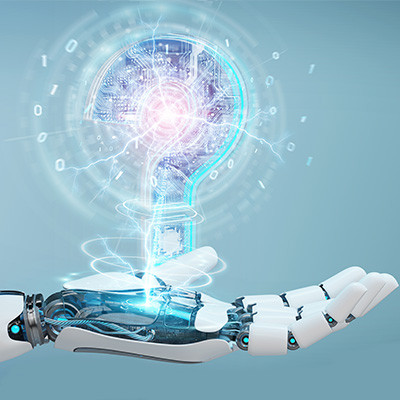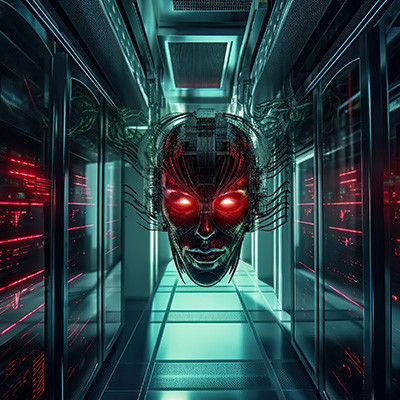ImageSys LLC Blog
Automation makes sense from an operations standpoint, and people see this despite the many who advocate for scaling back to save jobs. For every task that can be completed, however, less than half can be automated. When you consider all the tasks that a human might be responsible for at their job, that number further dwindles, resulting in surprisingly few jobs that can be fully automated by artificial intelligence. Today, we want to look at reasons why you shouldn’t implement automation for certain tasks and why working with humans is still the right call for many.
AI is popping up everywhere these days, and one place you've probably noticed it is at the top of Google search results. Google's AI-generated answers can sometimes be helpful, but they can also be misleading or just plain wrong, depending on where the info comes from. If you'd rather not deal with them, there are actually a few ways to turn them off.
In the pursuit of harnessing data effectively, businesses use various strategies like business intelligence and artificial intelligence integration. Accurate and reliable data is very important. Wrong data can cause mistakes and give wrong information. Thus, understanding how to clean or scrub data is essential for anyone involved in business intelligence or AI. This guide will explore data cleaning and provide a simple starting point.
Given the widespread discussion surrounding artificial intelligence (AI) in households nationwide, it's evident that this technology has become integral to the operations of numerous entities. AI has found its place, from business and education to civic affairs, even within the U.S. Department of Homeland Security (DHS). How exactly is the DHS harnessing AI to enhance the security of everyday Americans?
Your HR department is crucial to the success of your business. Still, since it doesn’t technically create revenue for you, it’s easy to see why some companies might spend money elsewhere rather than invest in HR spending. With the right tools, you can automate much of the work your HR department would typically be responsible for. Here are some of the benefits of automating your HR.
Technology is a great tool for businesses to keep up with the times, so to speak, and one way organizations have adapted to evolving needs of their clientele is through AI. Healthcare technology, in particular, can leverage AI and its benefits in unique ways. Today, we want to explore some of these benefits and how healthcare organizations can use AI to provide better quality services to their patients.
Are you familiar with the works of Isaac Asimov? The author wrote a short story called “Runaround” in 1942, and it introduced the idea of the Three Laws of Robotics, or laws that all of the robots in his Robots series must follow. This stranger-than-reality concept is being used today by Google, which has announced a set of safeguards partially inspired by these three laws to help it control future AI-powered machines.
AI might feel like a technology perfectly at home in the world of science fiction, but the truth is that most of its uses are not nearly as interesting or fun. Take, for example, Operation Green Light, an initiative from Google that aims to better society through examining AI for traffic control and its impact on the environment.
Technology is constantly evolving and shaping the way we do business. From artificial intelligence to virtual reality, these advancements have the potential to revolutionize industries and drive success. However, not all technologies are met with open arms. In fact, some technologies are met with controversy and skepticism. In this article, we will explore some of the most controversial business technologies and the impact they have on the market.
Many individuals are concerned about the future of AI, including the White House, which encouraged companies like Amazon, Anthropic, Google, Inflection, Meta, Microsoft, and OpenAI to commit to helping with the management of artificial intelligence. Other companies, including Adobe, Cohere, IBM, Nvidia, Palantir, Salesforce, Scale AI, and Stability, have joined in this pledge to maintain “the development of safe, secure, and trustworthy AI,” according to the White House.














